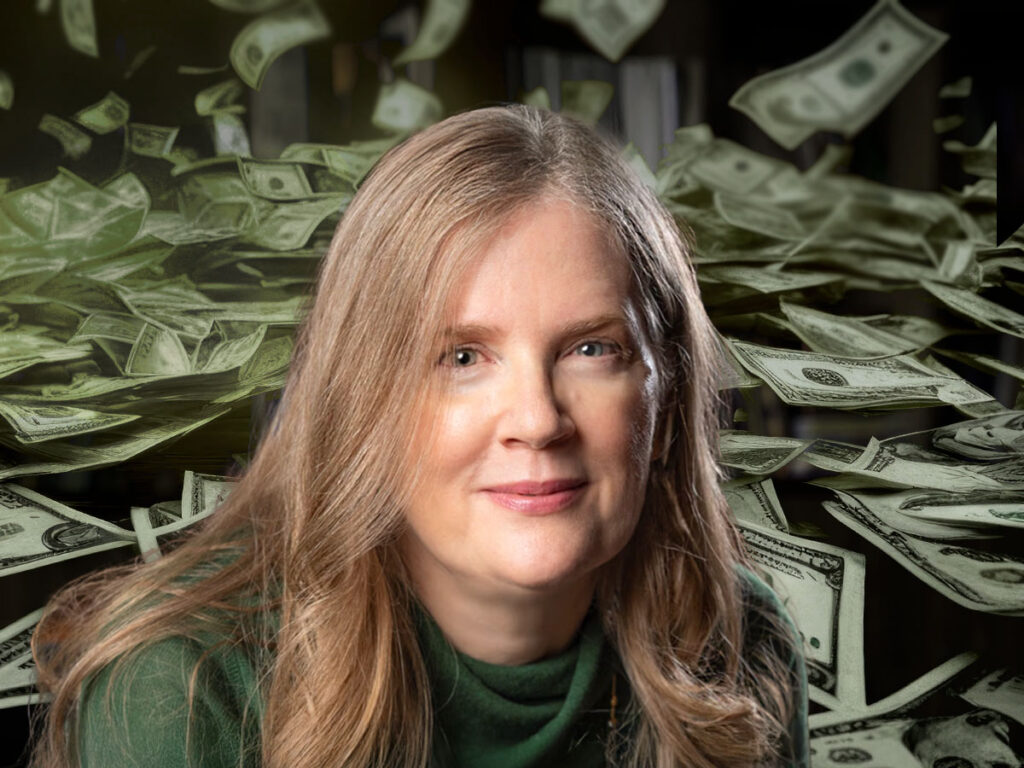
“Sunrise on the Reaping”, the new novel by Suzanne Collins and the second prequel to “The Hunger Games” series, sold over 118,000 copies in the UK in just one week. It brought Scholastic over £1.5 million—marking the publisher’s best weekly result since 2007.
When adding the sales of other Collins titles and Dave Pilkey’s bestsellers, Scholastic surpassed £2 million in revenue within a week. This level of success is no accident—it results from a carefully built author brand, publisher trust, and serious investment in promotion.
And Elsewhere: Can Writers Make a Living?
While bestselling authors like Collins generate millions, many writers in English-speaking countries—particularly emerging and mid-list authors—face a much harsher reality.
A 2022 report from the Authors Guild in the U.S. revealed that the median writing-related income for full-time writers dropped to just $20,000 per year. In the UK, an Authors’ Licensing and Collecting Society (ALCS) survey found that professional authors’ median earnings had fallen to £7,000 annually—well below minimum wage levels.
The reasons are complex: price wars among retailers, market concentration dominated by a few big players, and lack of transparency in royalty structures. As a result, most authors must supplement their income with teaching, editing, or entirely unrelated work.
When Success Leads to Legal Battles
These tensions aren’t just theoretical. Authors in the UK, like Joanne Harris, have long advocated for stronger contract terms and the enforcement of so-called “bestseller clauses” to ensure fair compensation when a book significantly outperforms initial expectations.
In these cases, disputes highlight systemic flaws in the publishing ecosystem—where authors often bear the most significant risk but see the least reward.
Would Suzanne Collins Thrive Today Without Support?
Comparing Collins’ massive success to the daily struggles of most writers might seem unfair—they are different markets, scales, and budgets. Still, an important question arises: If Suzanne Collins were debuting today as an unknown writer without strong publisher backing, would she achieve financial stability?
The answer is far from obvious given the current volatility and opacity of the book industry, even in wealthier markets like the U.S. and UK. Yet Collins’ story also demonstrates why supporting writers matters. Her current earnings—over £300,000 in just the first week of sales—result from decades of perseverance. She waited nearly 20 years for her breakthrough.
If we neglect the economic realities of the creative professions, we risk having only a handful of blockbuster names while countless talented voices are silenced—not by a lack of skill but by a lack of support.
Writing great literature requires talent and the stability to practice it. Without that, inspiration withers under the weight of mere survival.
Sources:
